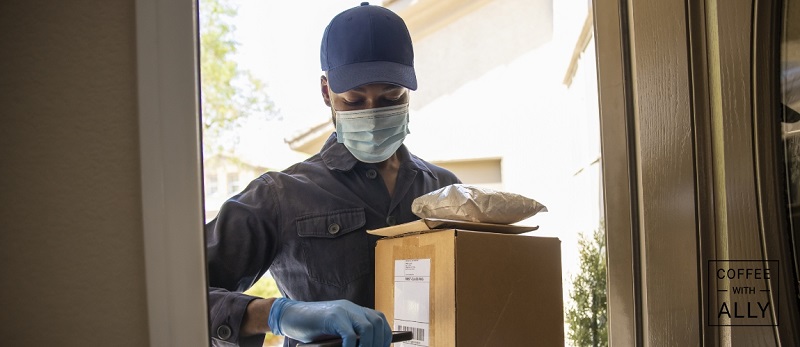
Last-Mile Delivery Why is it Critical for eCommerce Businesses
Last-mile couriers deliver products from a central shipping location to the final destination. However, the process is not always smooth and can face multiple challenges, increasing costs and hurting your brand’s credibility. Because last-mile delivery is crucial for eCommerce businesses, entrepreneurs should understand these challenges to find long-term solutions.
Last-Mile Delivery Challenges:
RTO (Return to Origin)
RTO is the idea of returning orders to the seller when delivery cannot proceed. This problem may occur due to wrong addresses or when the customer isn't available to receive the order. Such occurrences can result in extra shipping costs.
Inability to Meet Increasing Demands
As internet connectivity advances, eCommerce demands are also increasing sharply, triggering challenges in last-mile delivery. Often, the fulfillment station of the third-party logistics partner could be far from the delivery station, causing delays. Some established eCommerce companies are working with local retailers and setting up pickup stations to make the order collection process easy. Still, overly remote locations can hinder last-mile delivery.
Although there are certain obstacles, last-mile delivery is still essential for your business and provides considerable benefits.

Importance of Last-Mile Delivery
Here are some reasons why last-mile delivery solutions are ideal for businesses:
Fast Deliveries
End users expect fast deliveries. For example, if they place an urgent order from an eCommerce website and there is a delay in delivery, that could hurt shipping plans and dissatisfy buyers. Efficient last-mile delivery structures ensure that end-users do not have to wait long for their orders.
Some studies also suggest that last-mile delivery services in some urban areas can be slow. Increased demand in these areas results in micro deliveries, and this slows down the delivery process. However, some eCommerce giants are adopting individual deliveries to reduce unnecessary delays.
Last-Mile Carrier Tracking
With separate deliveries comes the need for last-mile carrier tracking. The tracking process allows businesses to enhance the route and guarantee faster deliveries. In urban areas, beating peak traffic to reach the customer’s destination on time becomes critical.
For instance, if you specialize in food deliveries, last-mile carrier tracking is crucial for your customers to be able to enjoy fresh and hot food. The tracking process can thus improve the customer experience. Another study suggests that more than 50% of customers abandon an eCommerce facility after a series of late deliveries. Adopting delivery tracking systems can help eliminate these inconveniences.
Last-Mile Delivery Administration
Individual delivery administration can be challenging in the absence of proper infrastructure and tools. For instance, the process can be complex if you need to deliver an order within a new location that lacks accurate GPS mapping. In this case, having an efficient delivery system facilitates the automation of order management and delivery allocations. Such advanced delivery solutions eliminate delays.
Sweet Tips from Ally:
Aside from the importance of last-mile delivery, there are several other factors to consider when running an eCommerce business:
- Choosing the right eCommerce platform
- Securing the basics (packaging supplies, marketing materials, etc.)
- Setting up shipping profiles

Would you like a
coffee with ally?
and get tips on how to grow your business!
















start a conversation